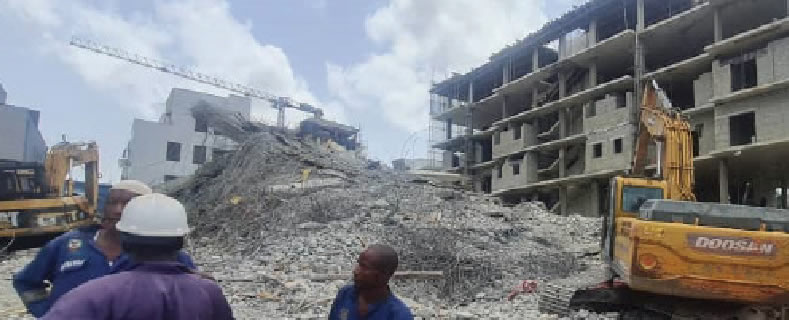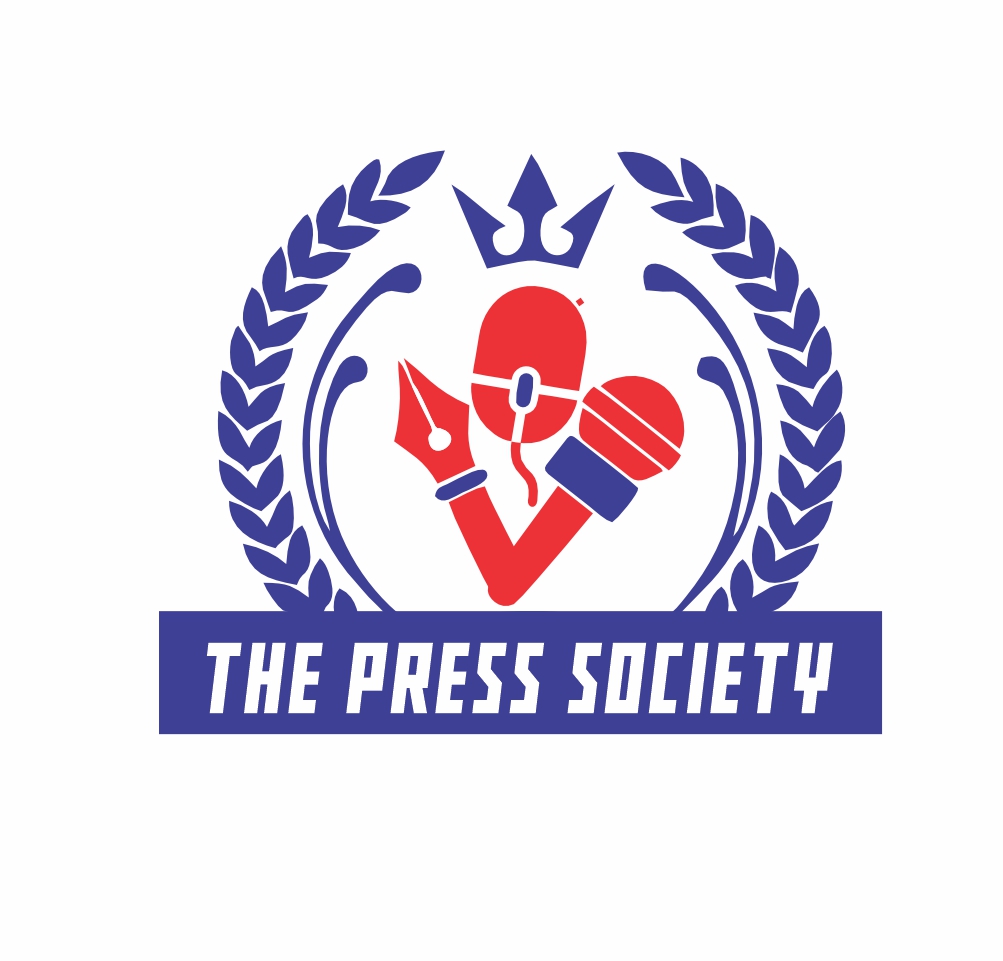 By Alfred B. Abiodun
By Alfred B. Abiodun
In recent months, Nigeria has embarked on a series of strategic initiatives aimed at bolstering its economy and reinforcing its commitment to environmental sustainability. These efforts encompass plans to auction undeveloped oil and gas blocks, intensify crackdowns on oil theft, and implement stringent environmental regulations for oil license applicants.
In December 2024, Nigeria announced its intention to auction undeveloped oil and gas blocks in 2025, with a particular focus on natural gas development. This move aligns with the United Nations Sustainable Development Goals and marks the third auction since the enactment of a significant oil reform law in 2021. The reform aims to enhance oil production and support government expenditure. Gbenga Komolafe, head of the Nigerian Upstream Petroleum Regulatory Commission, emphasized that this licensing round signals that Nigeria is open for business. The recent bidding round for new offshore oil blocks concluded successfully, with licenses expected to be issued to successful bidders within a few months.
Concurrently, Nigeria is intensifying its crackdown on oil theft in the Niger Delta as it aims to boost oil production to 3 million barrels per day by 2025. The country, heavily reliant on oil for state revenue and foreign currency, has suffered from significant theft, limiting its finances. Current production hovers around 1.8 million barrels per day, despite a government estimate of 2.06 million barrels per day for the next year’s budget. The crackdown, named Operation Delta Sanity (OPDS), launched by the petroleum ministry and the Nigerian navy, has entered its second phase with increased military resources, including armed drones and attack helicopters. Chief of Naval Staff Emmanuel Ogalla and Junior Oil Minister Heineken Lokpobiri express confidence that these measures will significantly enhance production, surpassing the target. Rivers State Government has also contributed to these efforts by donating six gunboats to assist the navy.
Starting January 1, 2025, Nigeria will mandate that oil license and permit applicants demonstrate low carbon emissions and the presence of a renewable energy program as part of the approval process. This initiative aligns with Nigeria’s objective to achieve net-zero carbon emissions by 2060. The Nigerian Upstream Petroleum Regulatory Commission introduced the Upstream Petroleum Decarbonisation Template (UPDT) to guide applicants in this process. The policy applies to all upstream sector approvals, including asset divestments. Operators are required to implement methane management strategies, enhance operations with energy-efficient technologies, and integrate renewable energy sources into their projects. This move aims to harmonize the upstream petroleum industry with national and global climate goals while ensuring that Nigeria’s oil and gas resources contribute to the country’s energy security and economic growth sustainably.
These initiatives have sparked significant discussions across various platforms. On X (formerly Twitter), topics related to Nigeria’s economic policies and environmental commitments have trended, reflecting public interest and diverse opinions. For instance, hashtags like #NigeriaOilAuction and #OperationDeltaSanity have seen substantial engagement, with users debating the potential economic benefits and environmental implications of these policies.
On LinkedIn, professionals have lauded the government’s proactive stance in aligning with global environmental standards, emphasizing the potential for attracting foreign investment and fostering sustainable development. Discussions highlight the importance of transparency and effective implementation to ensure these policies yield the desired outcomes.
Facebook and Instagram have also seen a surge in posts discussing the social and economic impacts of these initiatives. While many commend the government’s efforts to combat oil theft and promote environmental sustainability, others express concerns about the potential displacement of local communities and the need for inclusive development strategies.
Nigeria’s recent policy directions underscore a robust commitment to economic revitalization and environmental stewardship. By auctioning undeveloped oil and gas blocks, intensifying efforts against oil theft, and enforcing stringent environmental regulations, the nation aims to secure a sustainable and prosperous future. The active public discourse on these topics highlights the critical importance of transparent and inclusive approaches to policy implementation.





